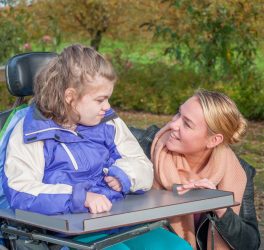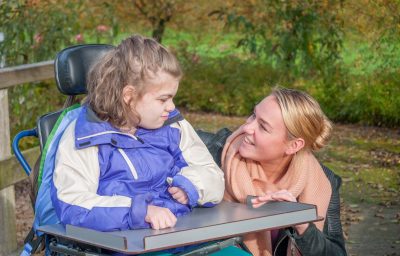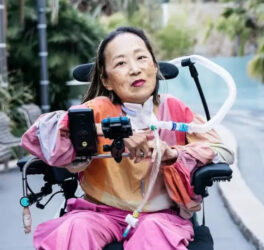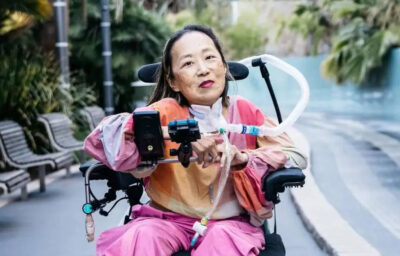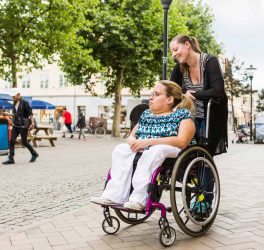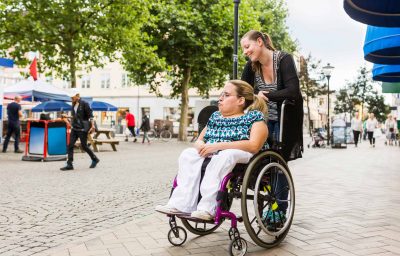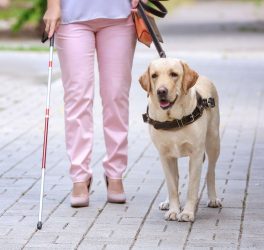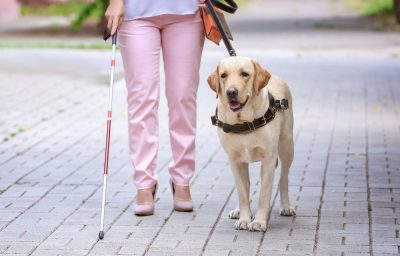The COVID-19 pandemic has induced stress in everyone this year, but for those marginalized by disabilities, and especially those already dealing with social inequity and poverty, the pandemic has dealt additional blows.
In a November article published in Rehabilitation Psychology, Anjali J. Forber-Pratt, assistant professor of human and organizational development, reviews research on disabilities and COVID-19 to help rehabilitation psychologists mitigate the effects of the added stress of the pandemic. In addition, the work addressed how systemic discrimination against people with disabilities intersects with other forms of inequity.
“As disabled people and scholars ourselves, we noticed that the disability community, including disabled people with multiple marginalized identities, were being uniquely impacted by the pandemic, and that their stories were often being pushed to the side,” said lead author Emily M. Lund. “We wanted to document what our communities are experiencing.”
“People with disabilities are facing additional barriers and concerns during the COVID-19 pandemic due to longstanding patterns of discrimination and marginalization. “Our research examines the physical, mental, social and economic implications of the pandemic on people with disabilities and provides solutions for the disabled community, as well as for psychologists working with these clients, during this time,” said Forber-Pratt
People with disabilities account for more than 25 percent of American adults, making them one of the largest marginalized groups in the United States. Yet research shows they are routinely left out of conversations about social policy having to do with disabilities, which perpetuates discrimination, particularly in social institutions—including health care.
The pandemic has stoked fears about health care rationing and concerns that in-person care for daily needs and assistive technology used by those with disabilities could be declared nonessential by governing bodies. In addition, those with developmental disabilities often live in group homes and other congregate settings where there is an increased risk of the spread of COVID-19. Prolonged isolation due to physical distancing and the restriction of visitors to group settings has increased depression and exacerbated cognitive, physical and mental health issues.

